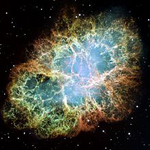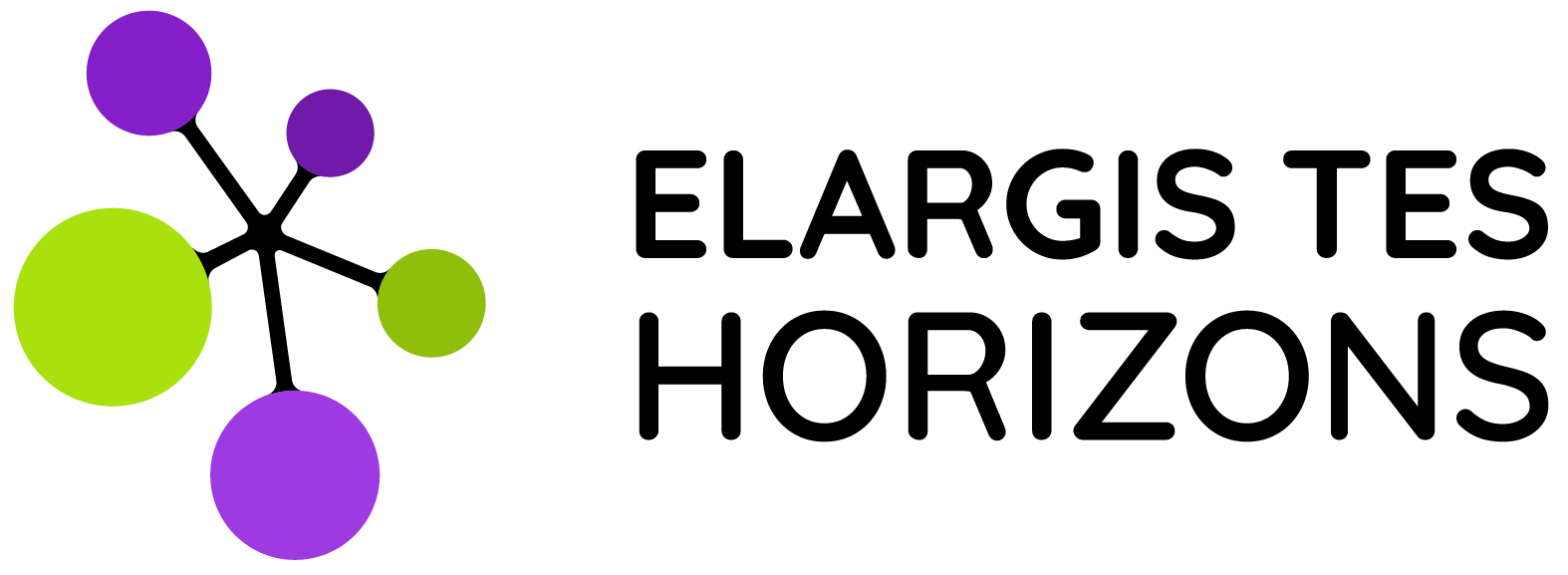Workshops from the 2024 biennial event (archives)
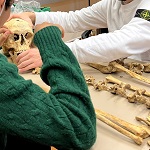
(01) In the shoes of a bioanthropologist
Workshop presented by: Université de Genève – Anthroposcope (external link)
Languages: English and French

(02) Metagenomics in action
Workshop presented by: Swiss Institute of Bioinformatics (external link)
Languages: English and French
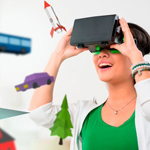
(03) Virtual reality & programming
Workshop presented by: Future Kids (external link)
Languages: English and French
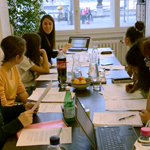
(04) Séance de révision en directe d’un article scientifique
Workshop presented by: Frontiers for Young Minds (external link)
Languages: English and French

(05) La pollution lumineuse : mesurer son impact sur la biodiversité !
Workshop presented by: Objectifs Science International (external link)
Languages: English and French
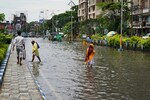
(06) L’utilisation des données des satellites pour comprendre le changement climatique
Workshop presented by: RightsTech Women (external link)
Languages: English and French

(07) Faites danser les robots Lego® Mindstorms EV3 en programmant !
Workshop presented by: Union Internationale des Télécommunications (external link)
Languages: English and French
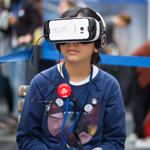
(08) Réalité Augmentée pour des cours de Biologie, l’outil de cours du futur
Workshop presented by: UNIGE-CVI (Centre de Visualisation Immersive) (external link)
Languages: English and French
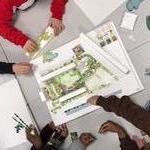
(09) Aménage ta ville
Workshop presented by: Haute Ecole du Paysage, d’Ingénierie et d’Architecture de Genève (external link)
Languages: English and French
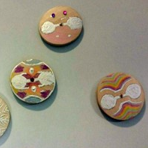
(10) Ton plus beau bijou… électronique!
Workshop presented by: Haute Ecole du Paysage, d’Ingénierie et d’Architecture de Genève (external link)
Languages: English and French
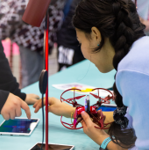
(11) Viens programmer le vol d’un drone
Workshop presented by: Haute Ecole du Paysage, d’Ingénierie et d’Architecture de Genève (external link)
Languages: English and French
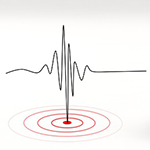
(12) Construis une tour qui résiste au séisme
Workshop presented by: Haute Ecole du Paysage, d’Ingénierie et d’Architecture de Genève (external link)
Languages: English and French
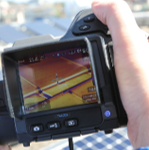
(13) L’énergie and toi
Workshop presented by: Haute Ecole du Paysage, d’Ingénierie et d’Architecture de Genève (external link)
Languages: English and French

(14) Découvrez les graphes, ces objets mathématiques qui sont cachés partout
Workshop presented by: Université de Genève – Mathscope (external link)
Languages: English and French
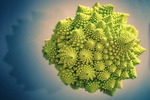
(15) Mathématiques du vivant : la modélisation des écosystèmes
Workshop presented by: Objectif Sciences International (external link)
Languages: English and French
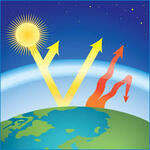
(16) A peu d’effet de serre pour une planète habitable
Workshop presented by: Université de Genève – Astroscope/Observatoire : Agora d’Hypatie (external link)
Languages: English and French

(18) Intelligence artificielle
Workshop presented by: Université de Genève – Infoscope (external link)
Languages: English and French

(19) Big Data
Workshop presented by: Université de Genève – Infoscope (external link)
Languages: English and French
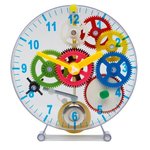
(20) Construisez une véritable horloge and remontoir
Workshop presented by: WorldTempus (external link)
Languages: English and French

Workshop presented by: Coty, unité Cosmétique Développement parfums (external link)
Languages: English and French
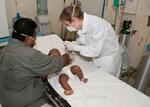
Workshop presented by: L’Organisation mondiale de la Santé (external link)
Languages: English and French
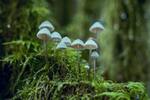
Workshop presented by: Agroscope-CH, Groupe Mycologie au sein du Département de Recherche Protection des Végétaux (external link)
Languages: English and French

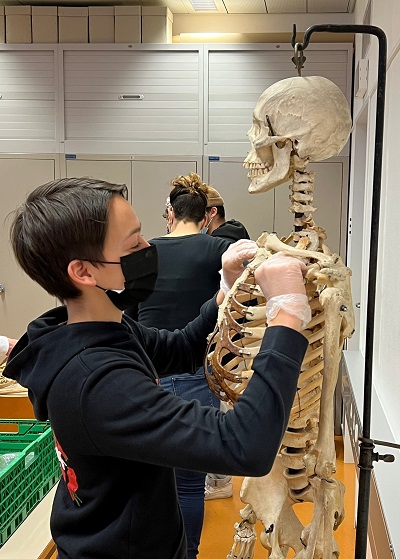
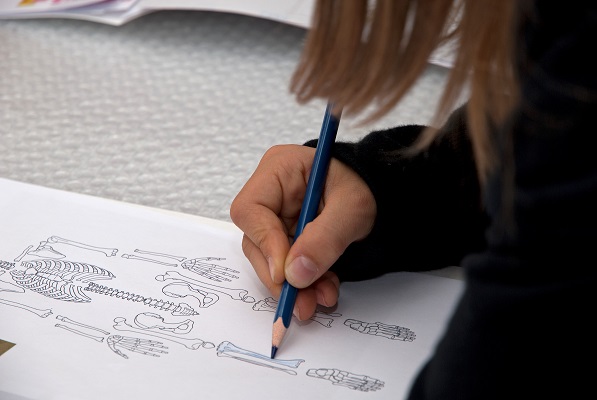
(01) In the shoes of a bioanthropologist
Workshop presented by: Université de Genève – Anthroposcope (external link)
Languages: French and English
Discover the job of a bioanthropologist by putting yourself in the shoes of the specialists who study past societies by analysing human remains found in archaeological contexts. It is by observing the skeleton that it is possible to attribute a biological identity - such as sex, age or stature - to an individual. This workshop, which usually takes place as part of the anthroposcope, brings together bioanthropologists and students keen to share and promote their profession.
Workshop presented by: Dr. Jocelyne Desideri (external link) (lecturer, archaeologist and bioanthropologist - ARCAN, Biology Section, Faculty of Science, University of Geneva - Anthroposcope, Scienscope, Faculty of Science, University of Geneva)

(02) Metagenomics in action
Workshop presented by: Swiss Institute of Bioinformatics (external link)
Languages: English and French
Apple, trout, earthworm, squirrel, measles virus, E.coli bacteria, boletus? Depending on the species you find in a biological sample, you can identify its source: air, water or soil. The more different species you discover, the more you can validate your results.
To do this, you'll put yourself in the shoes of a bioinformatician detective and analyse traces of DNA found in biological samples.
DNA is universal, but DNA sequences are specific to a species and enable it to be identified, rather like a barcode. This is what is known as metagenomics.
It's up to you to find the species present in 3 surprise samples!
Click here to find out more about Metagenomics! (lien extrne)
Workshop led by: Dr. Marie-Claude Blatter (Outreach manager - SIB Swiss Institute of Bioinformatics), Dr. Valérie Barbié (Director Clinical Bioinformatics)

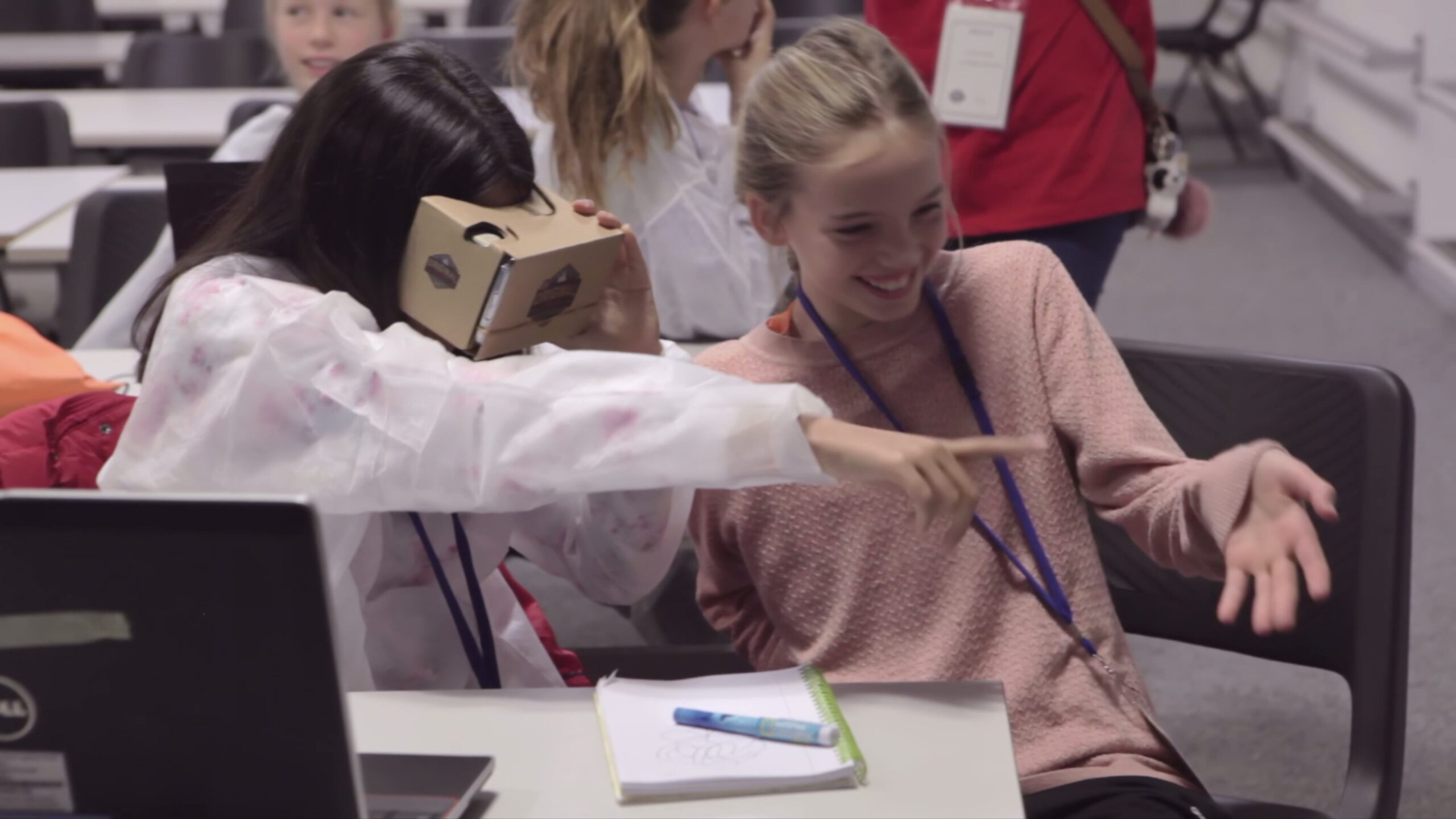
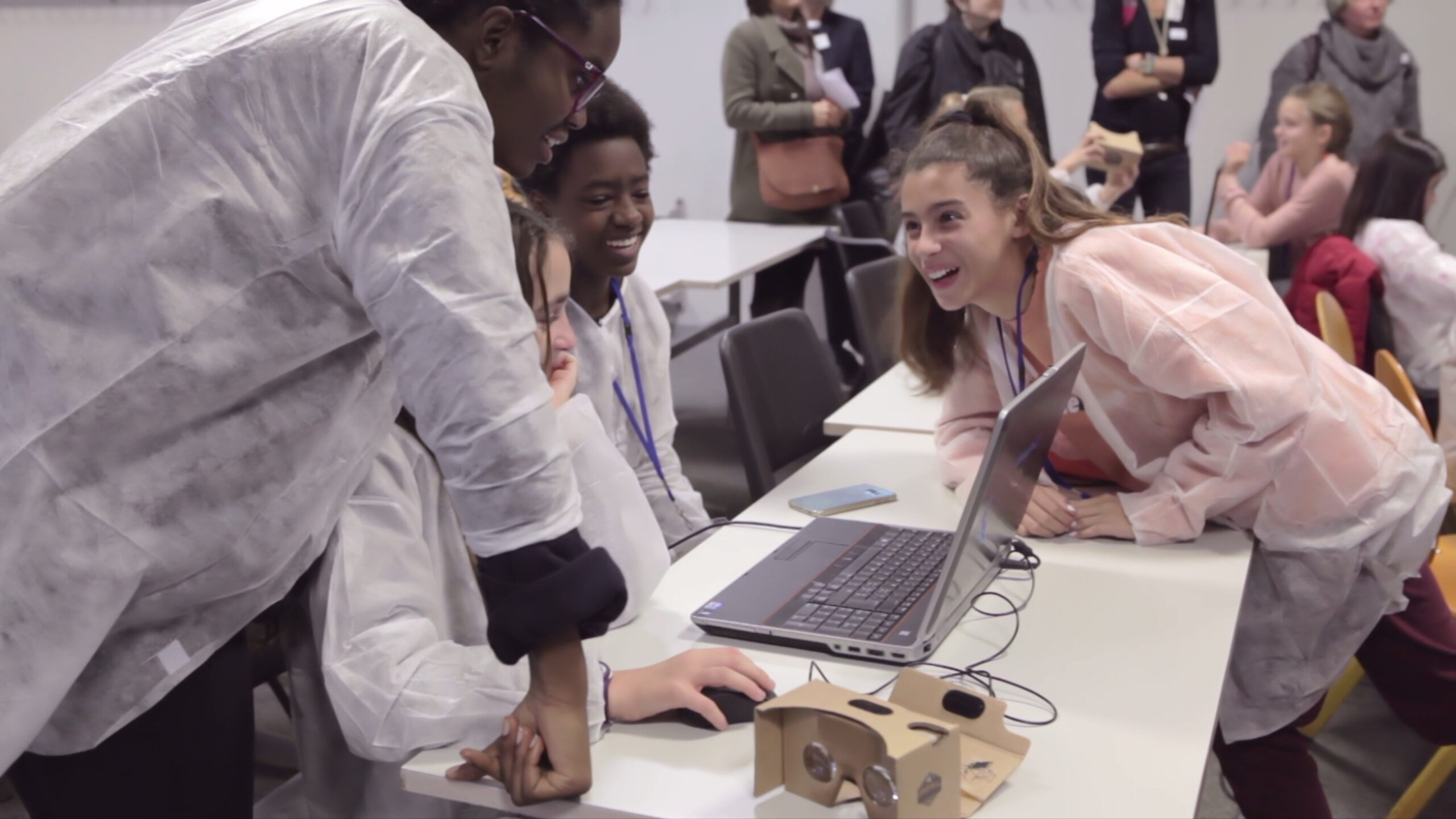
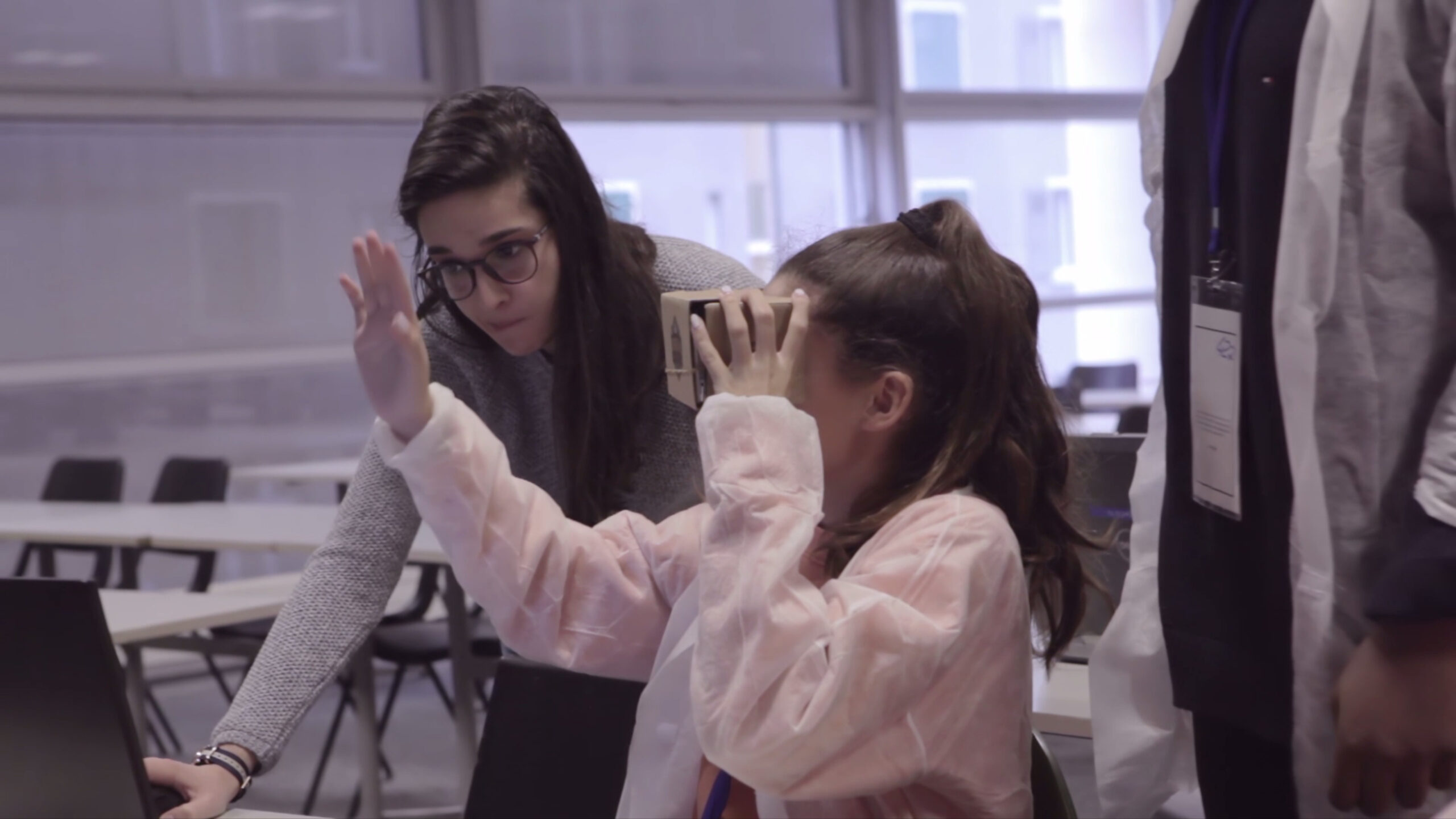
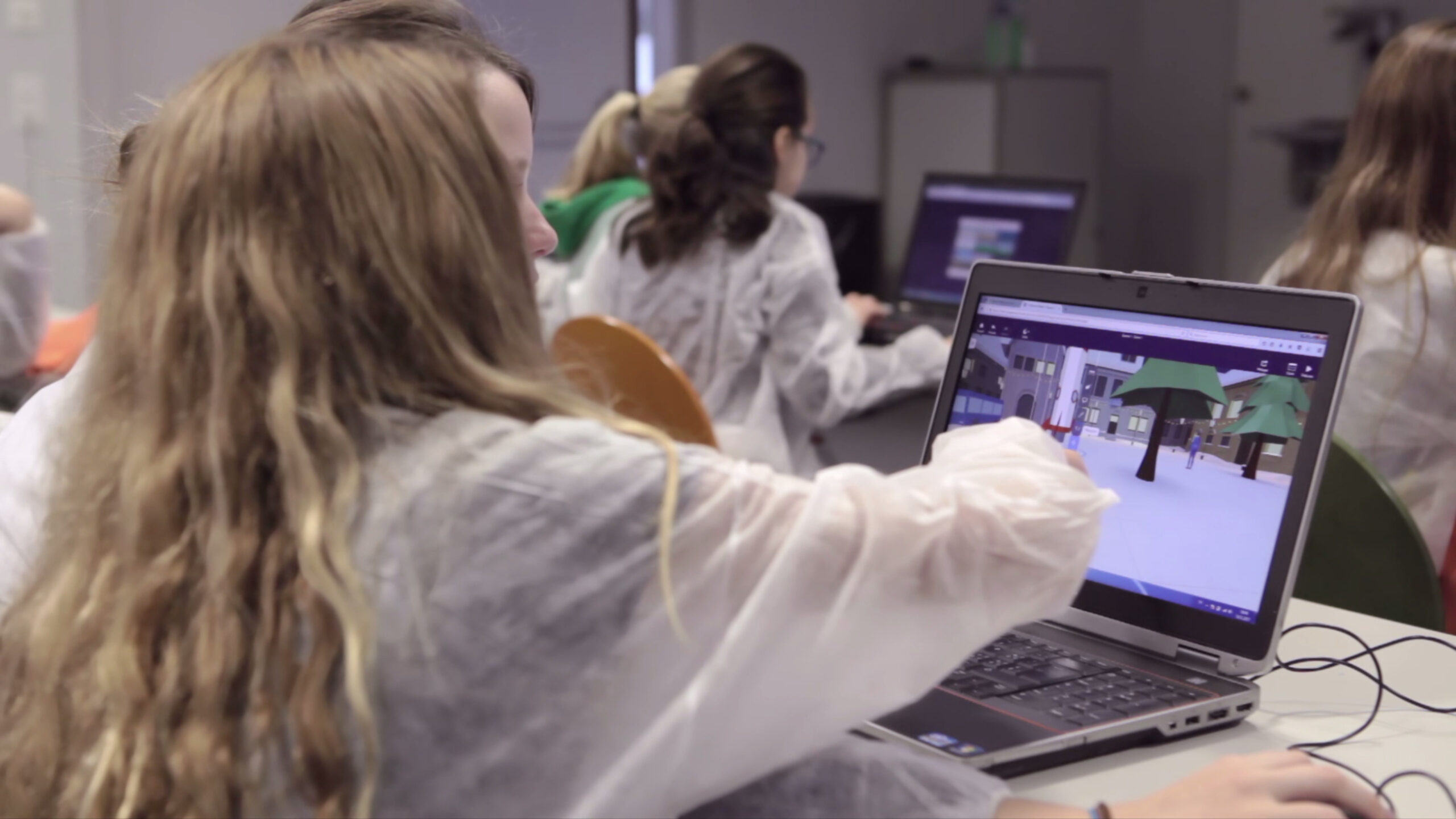
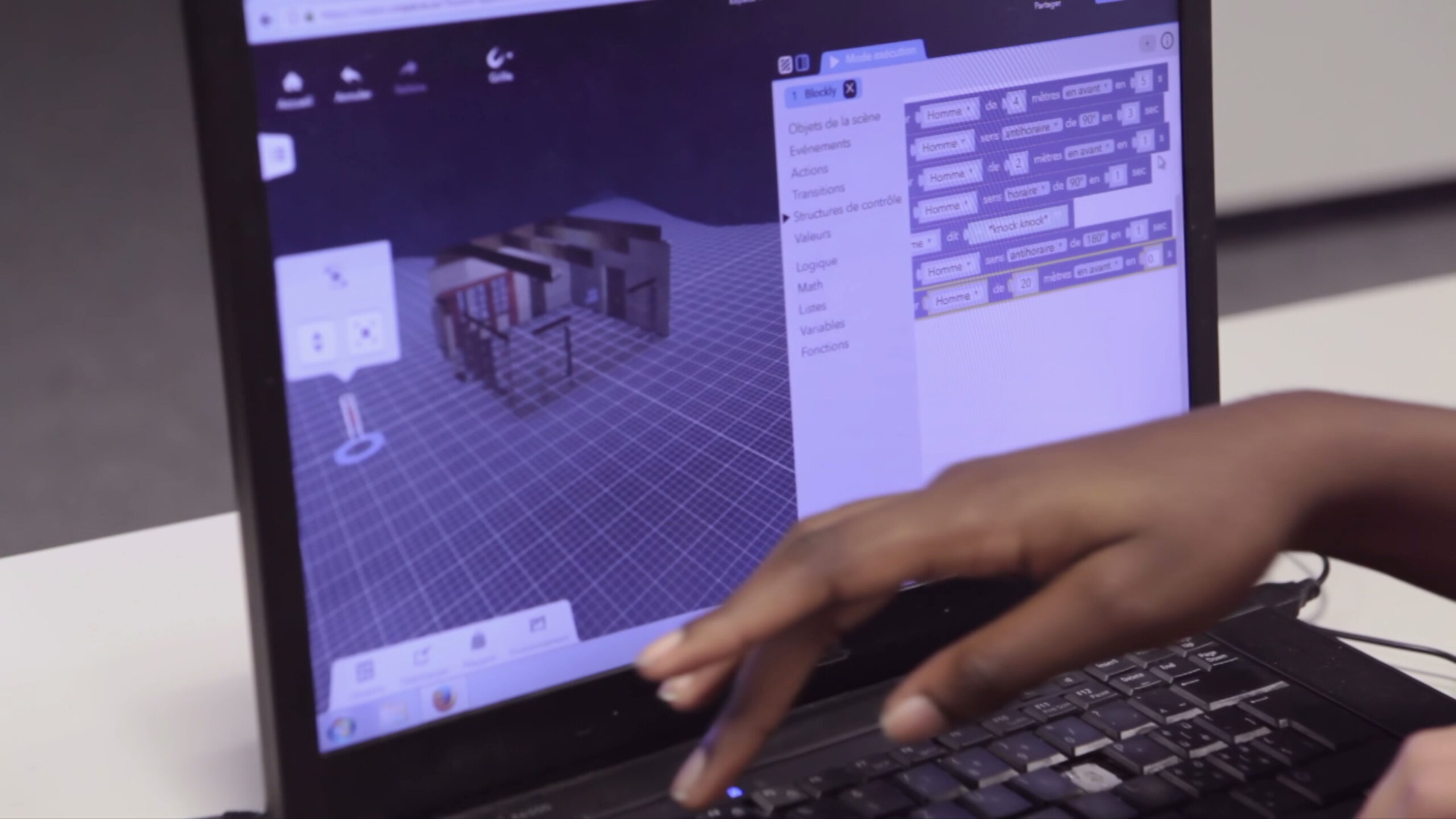

(03) Virtual reality & programming
Workshop presented by: Future Kids (external link)
Languages: English and French
Participants will create a 3D world. They will also develop their programming skills to animate the various elements of their scene, which they will then be able to view in virtual reality.
Although not compulsory, it is recommended that participants take a smartphone with them.
Workshop led by: Mr. Dorian Weber (Operations Manager - Future Kids)

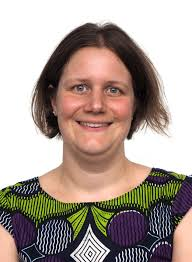
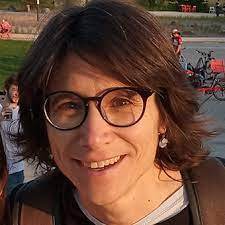
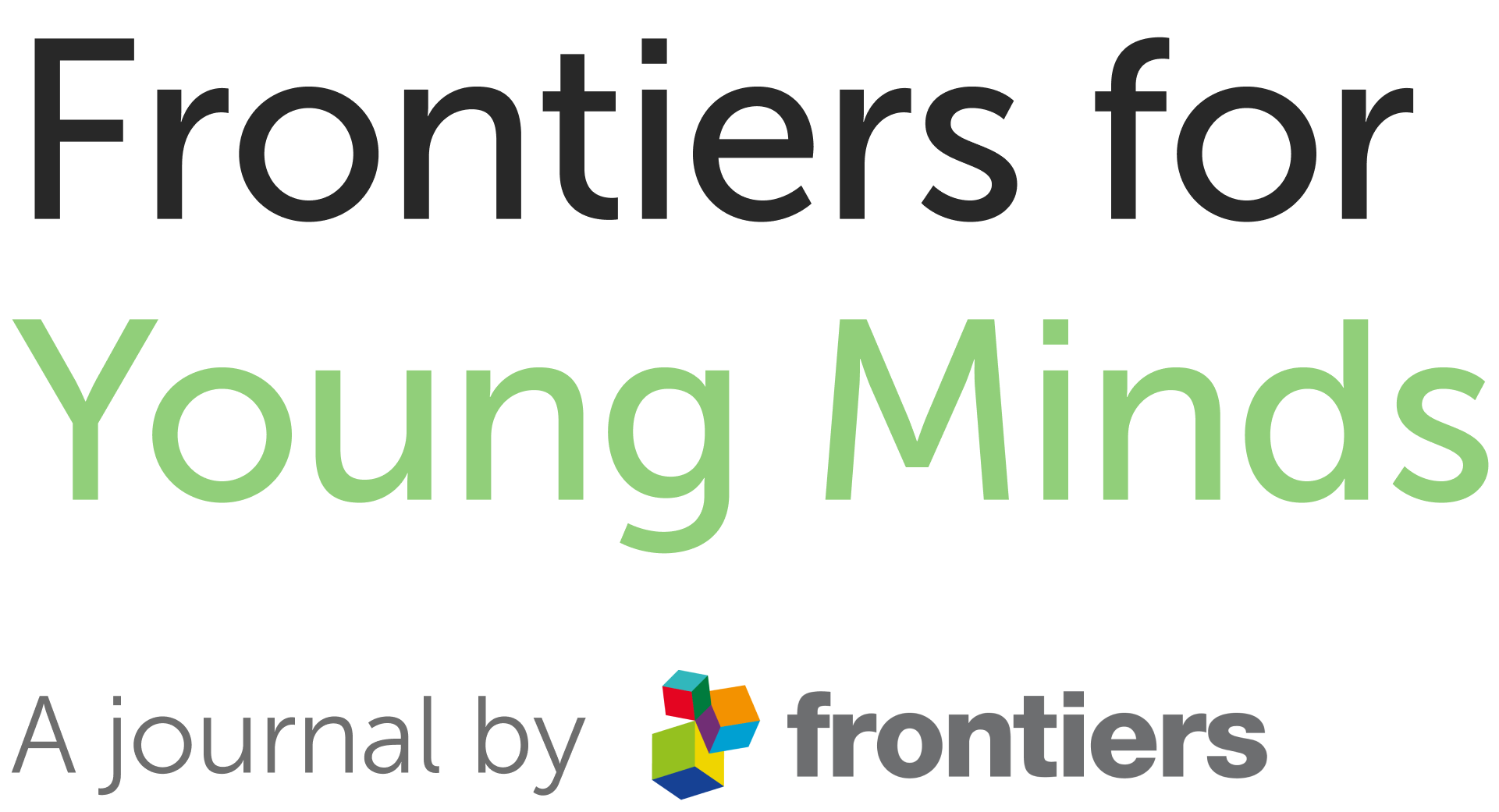
(04) Séance de révision en directe d’un article scientifique
Workshop presented by: Frontiers for Young Minds (external link)
Languages: French and English
Research scientists will have one of their articles examined by a panel of young evaluators. The scientists will first present their research, and will then respond to comments, suggestions and questions from the panel of young reviewers.
Workshop led by: Ms. Laura Henderson - Head of Program (strategic director, for translation purposes)
Video: Highlights from our live review from the Dubai Expo in January 2022 (external link)
Vidéo : Points forts de notre révision en direct de l’Université de la Sunshine Coast, en Australie, en 2018 (external link)
Article Authors: Dr Noemie Ott (OST University) and Dr Igua Muñoz (EPFL)

(05) La pollution lumineuse : mesurer son impact sur la biodiversité !
Workshop presented by: Objectifs Science International (external link)
Languages: English and French
Through an experiment, we will measure light pollution according to the type of lighting. We will discuss the impact of this pollution on biodiversity and on our night sky. This will also be an opportunity to introduce you to Globe at Night, an international participatory science protocol that allows you to contribute directly from home by measuring the brightness of your night sky.
To use the light pollution detection equipment, you need to be in the dark!
Workshop led by: Mrs. Elodie Blandin (OSI Scientific Educator - Objectifs Science International, OSI Univers)

(06) L’utilisation des données des satellites pour comprendre le changement climatique
Workshop presented by: RightsTech Women (external link)
Languages: English and French
Part 1: Increasing the number of women in MINT careers: representatives from RightsTech Women and CERN Women in Technology will talk about the need to attract more girls and women into MINT, career prospects and their experience of working at CERN, the European Organisation for Nuclear Research.
Part 2: Technical coaches from the CERN Micro Club and CERN Women in Technology will explain to the girls how they can use images of the Earth taken from space to understand climate change locally and around the world.
We introduce girls to satellite imagery and the process of working with such data to investigate their own questions.
We introduce the girls to Google Earth Engine, an open platform that can be used to visualise and understand climate trends such as deforestation, temperature change and extreme events.
Click here to find out more about RightsTech Women! (external link)
Workshop led by: Ms. Ellen Walker (Founder of RightsTech Women)
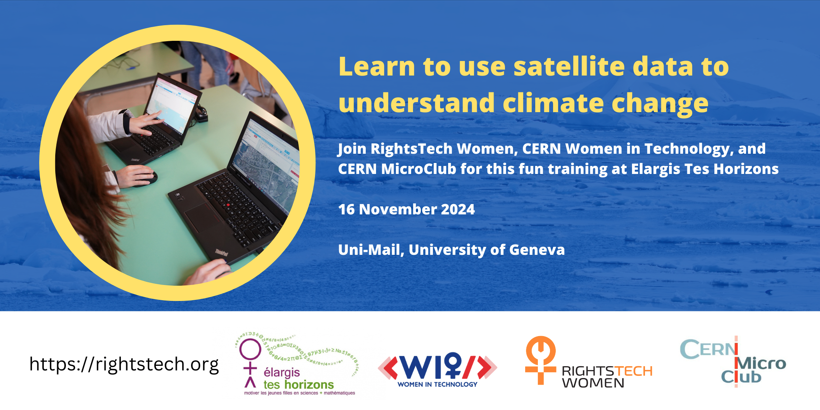

(07) Faites danser les robots Lego® Mindstorms EV3 en programmant !
Workshop presented by: Union Internationale des Télécommunications (external link)
Languages: English and French
Participants will have the opportunity to manipulate, program and direct Lego® Mindstorms EV3 robots to create a robotic choreography. They will be welcomed by a passionate team of engineers from the ITU (International Telecommunication Union), who will guide them through the exploration of robot programming in a fun and entertaining way.
Workshop led by: Dr. Hanane Naciri (Head of IT Support Unit - Telecommunications Development Office)

(08) Réalité Augmentée pour des cours de Biologie, l’outil de cours du futur
Workshop presented by: UNIGE-CVI (Centre de Visualisation Immersive) (external link)
Languages: English and French
Why see images of animals in 2D when you could discover them in 3D? Discover an augmented reality experiment and the hidden world of programming to help education!
Workshop led by: Ms. Kimmy Costa, Head of UNIGE-CVI (Centre for Visual Immersion)
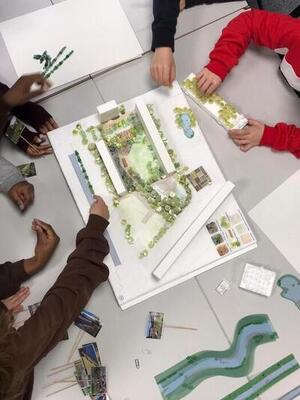
(09) Aménage ta ville
Workshop presented by: Haute Ecole du Paysage, d’Ingénierie et d’Architecture de Genève (external link)
Languages: English and French
How can we rethink the spaces developed by humans?
Let's take a look at the spatial layout of built-up areas, agricultural production zones and natural ecosystems: to create functional living spaces, we need to understand how these different elements can combine and interact in positive or negative ways.
A model showing these different areas is used as a basis for guided reflection by people trained in the fields of agriculture, town and country planning and the environment.
Each group taking part in the activity is divided into three discussion teams, which take it in turns to deal with these different aspects.
Workshop led by HEPIA's Landscape Architecture, Agronomy and Nature Management programs

(10) Ton plus beau bijou… électronique!
Workshop presented by: Haute Ecole du Paysage, d’Ingénierie et d’Architecture de Genève (external link)
Languages: English and French
Better than in the sci-fi movies... and real! Come and make your own electronic jewellery.
Workshop led by: Dr. Delphine Bechevet, Associate Professor HES - Computer Science and Communication Systems Department

(11) Viens programmer le vol d’un drone
Workshop presented by: Haute Ecole du Paysage, d’Ingénierie et d’Architecture de Genève (external link)
Languages: English and French
Have you always wanted to fly a drone? Come and try your hand at intuitively programming a quadrotor drone to fly the course of your choice.
Workshop led by: Mr. Loïc Adam, HES Assistant in Mechanical Engineering
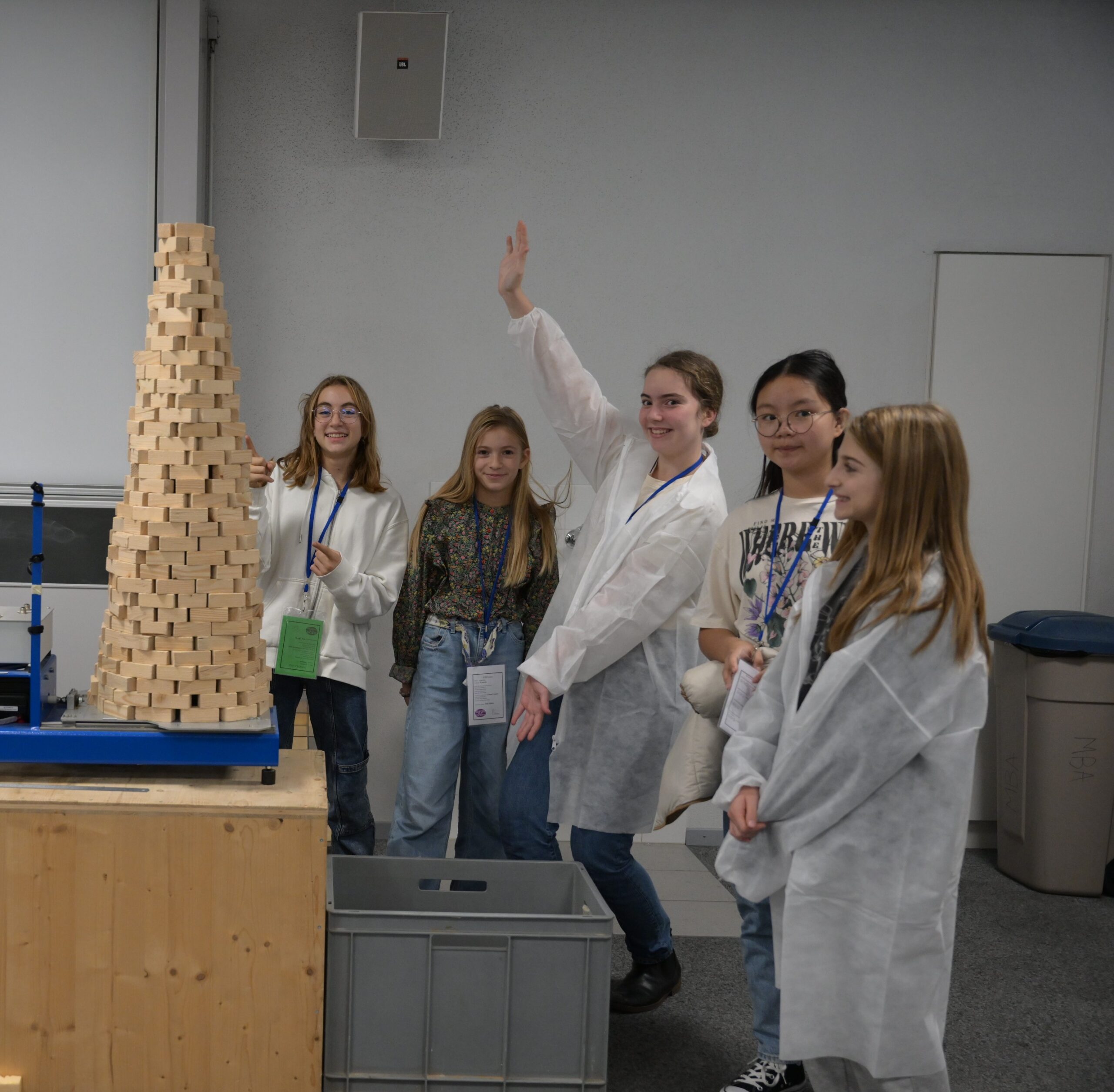
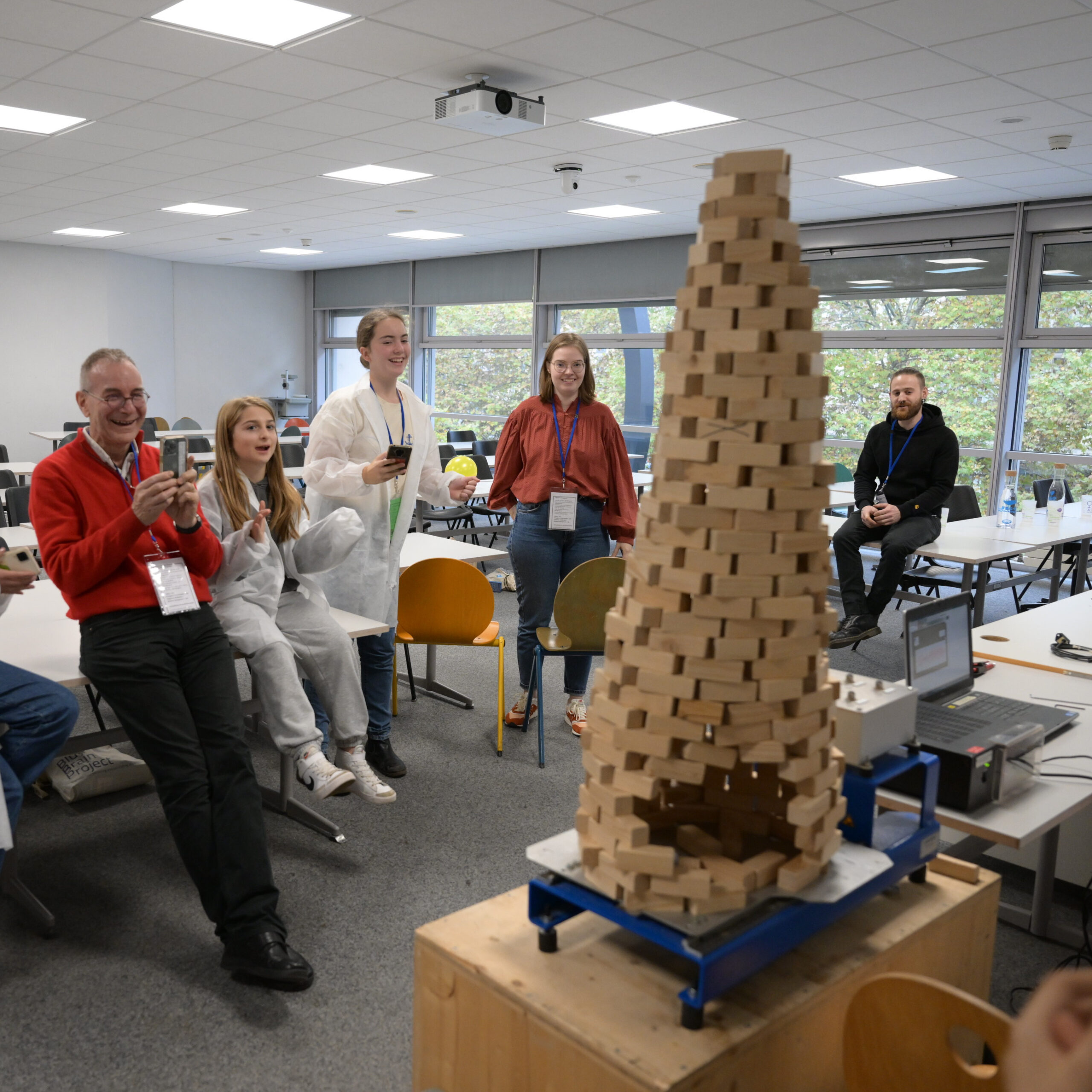
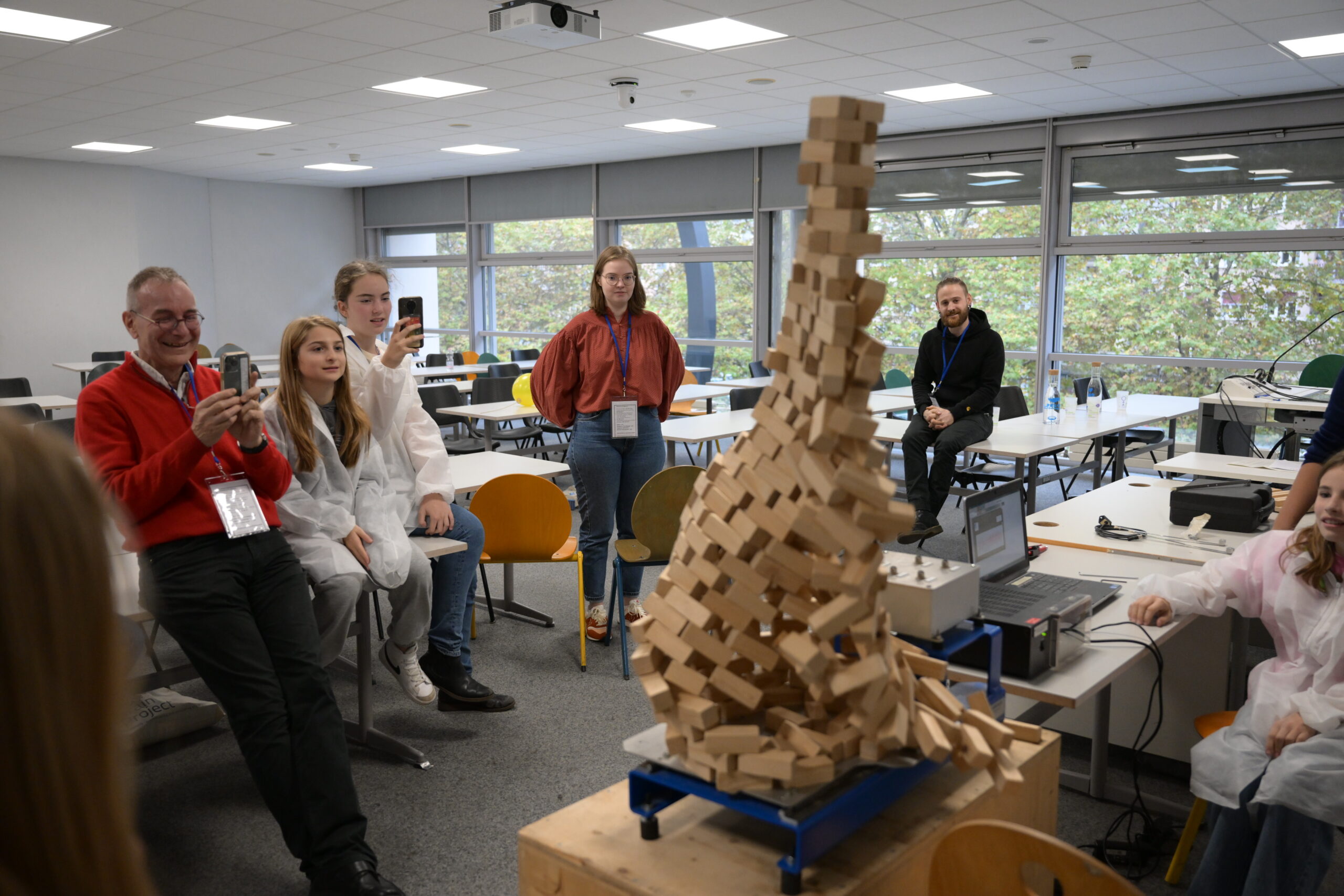
(12) Construis une tour qui résiste au séisme
Workshop presented by: Haute Ecole du Paysage, d’Ingénierie et d’Architecture de Genève (external link)
Languages: English and French
After an explanatory section on earthquakes, you'll have to build a tower as high as possible that can withstand the effects of an earthquake. The art of building high and flexible!
Workshop presented by: Ms Héloïse Vust and Mr Rabe Lorentz (Bachlor of science in civil engineering and assistant in the HEPIA civil engineering programme)

(13) L’énergie and toi
Workshop presented by: Haute Ecole du Paysage, d’Ingénierie et d’Architecture de Genève (external link)
Languages: English and French
Energy demonstrations: the different energies and the links that unite us.
Workshop led by: Mr José Boix, Associate Professor HES, Head of the Building Technology programme.

(14) Découvrez les graphes, ces objets mathématiques qui sont cachés partout
Workshop presented by: Université de Genève – Mathscope (external link)
Languages: English and French
Through a range of hands-on exercises and practical situations, participants will discover graphs and their many hidden applications in everyday life.
Workshop led by: Dr. Shaula Fiorelli (Scientific assistant - UNIGE, Mathscope (Scienscope)

(15) Mathématiques du vivant : la modélisation des écosystèmes
Workshop presented by: Objectif Sciences International (external link)
Languages: English and French
Understand mathematics with a tailor-made game. Accessible to all.
Workshop led by: Mr. Xavier Morvan (Head of the Mathematics of Life programme - Objectif Sciences International)

(16) A peu d’effet de serre pour une planète habitable
Workshop presented by: Université de Genève – Astroscope/Observatoire : Agora d’Hypatie (external link)
Languages: English and French
Understand the greenhouse effect, which is found not only on Earth but also on other planets in our solar system and further afield. The girls will then be able to manipulate the physical concepts through a game in which the aim is to maintain a habitable planet with a little greenhouse effect, but not too much!
Workshop led by: Dr. Baptiste Lavie (Scientific Assistant - Association l'Agora d'Hypatie, Astronomy Department, Astroscope) and Dr. Marion Cointepas (Astrophysicist, Astronomy Department, Astroscope)
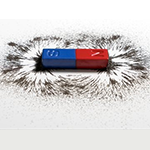
(17) Défi magnétique
Workshop presented by: CERN (external link)
Languages: English and French
CERN uses thousands of magnets for particle physics experiments. For example, powerful electromagnets are used to bend the trajectory of protons in the Large Hadron Collider (LHC). Powerful permanent magnets are also used in particle physics research, for example inside the AMS particle detector attached to the International Space Station.
In this workshop, participants are invited to tackle a series of magnet-related challenges. They explore the properties of different permanent magnets, build their own small electromagnet and learn why magnets are important at CERN.
Workshop led by: Ms. Charlotte Baumgart, member of the CERN educational laboratories team

(18) Intelligence artificielle
Workshop presented by: Université de Genève – Infoscope (external link)
Languages: English and French
Machine Learning is a field of study in artificial intelligence that uses mathematical and statistical approaches to give computers the ability to 'learn' from data, i.e. to improve their performance in solving tasks without being explicitly programmed for each one. These major concepts are illustrated by concrete activities involving the classification of shapes, carried out on a computer. Has the computer understood anything? Not sure...
Workshop led by: Ms Gauri Dixit (Student - UNIGE, CUI)

(19) Big Data
Workshop presented by: Université de Genève – Infoscope (external link)
Languages: English and French
Automatically processing large volumes of data is an increasingly common activity, both in scientific research (in astronomy, climatology, earth sciences, etc.) and in the activities of the giant Internet companies that collect vast amounts of information via social networks and other applications. One way of tackling such a titanic task is to programme computers so that they cooperate and work in parallel.
This workshop invites participants to take on the role of processors in order to simulate and understand the type of algorithms used to process what is known as 'Big Data'.
Workshop led by: Mr. Abuzar Chitsaz (Student - UNIGE, CUI)

(20) Construisez une véritable horloge and remontoir
Workshop presented by: WorldTempus (external link)
Languages: English and French
In this fun workshop, you will learn the basics of how a mechanical clock works by assembling the gear train, barrel, escapement and hands, in the company of a TAG Heuer master watchmaker. You can also keep your own clock!
Workshop led by: Mrs. Furley Sophie (Editor-in-Cheif - WorldTempus)

Workshop presented by: Coty, unité Cosmétique Développement parfums (external link)
Languages: English and French
Dans cet atelier, nous proposons aux participantes de découvrir les bases de la composition d’un parfum, les différentes familles olfactives et de recomposer un parfum parmi plusieurs options que nous leur proposerons.
Workshop led by: Ms. Eva Vinas (SVP Fragrance - Cosmetique Development parfums)


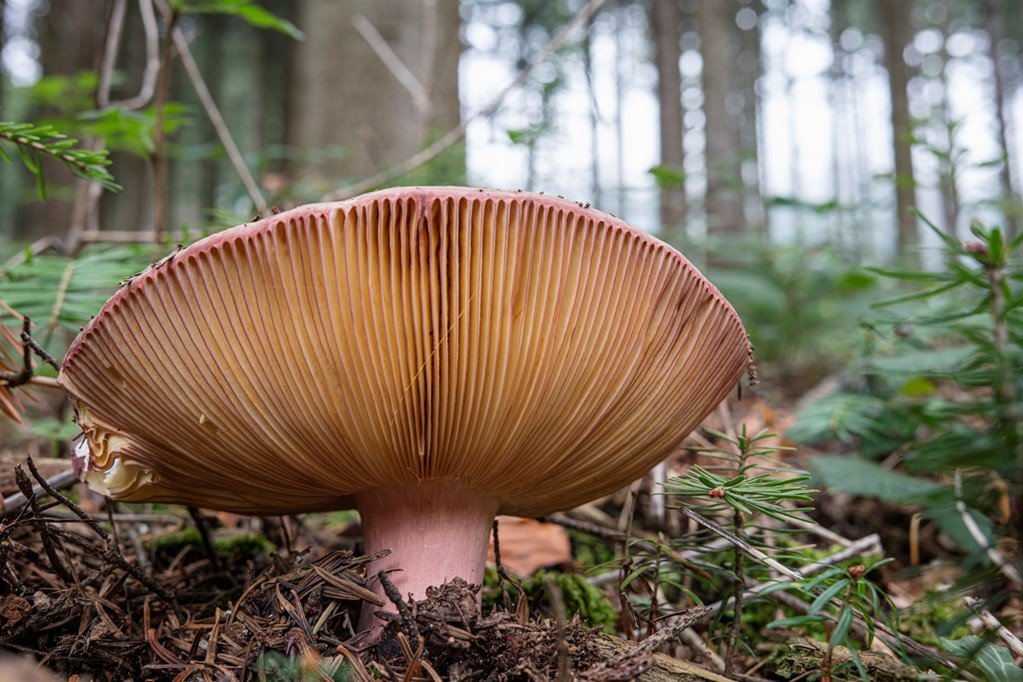
Button mushroom in its natural environment © Mario del Curto, Switzerland
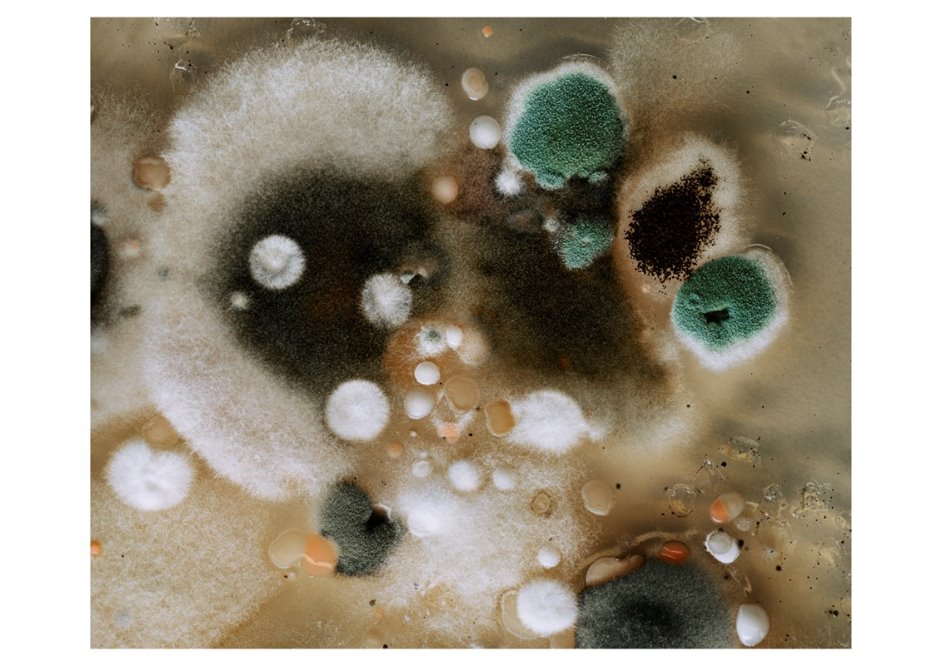
A community of fungi isolated from a drop of rainwater © Mario del Curto, Switzerland
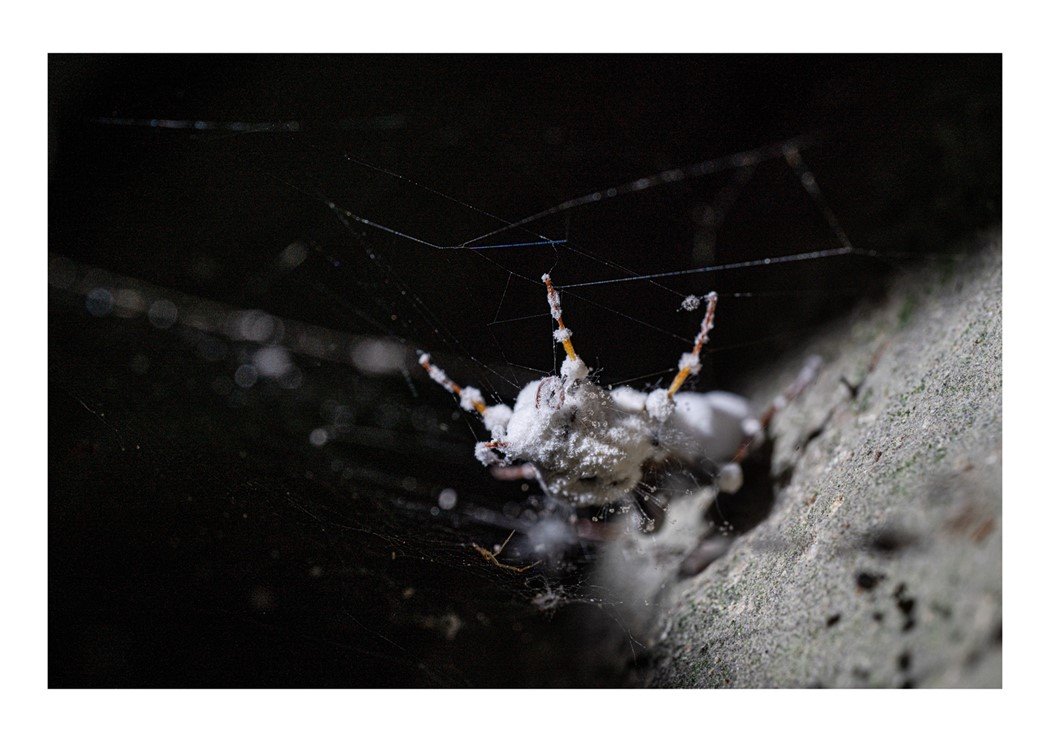
Mushroom that has mummified a wasp © Mario del Curto, Switzerland
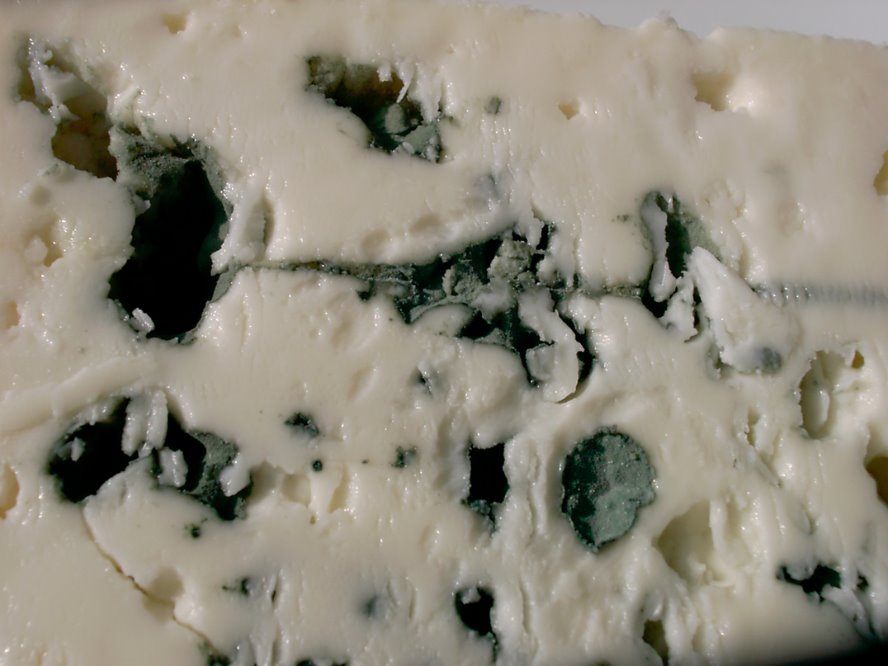
Roquefort: its taste is due to a fungus that is seeded in the cheese
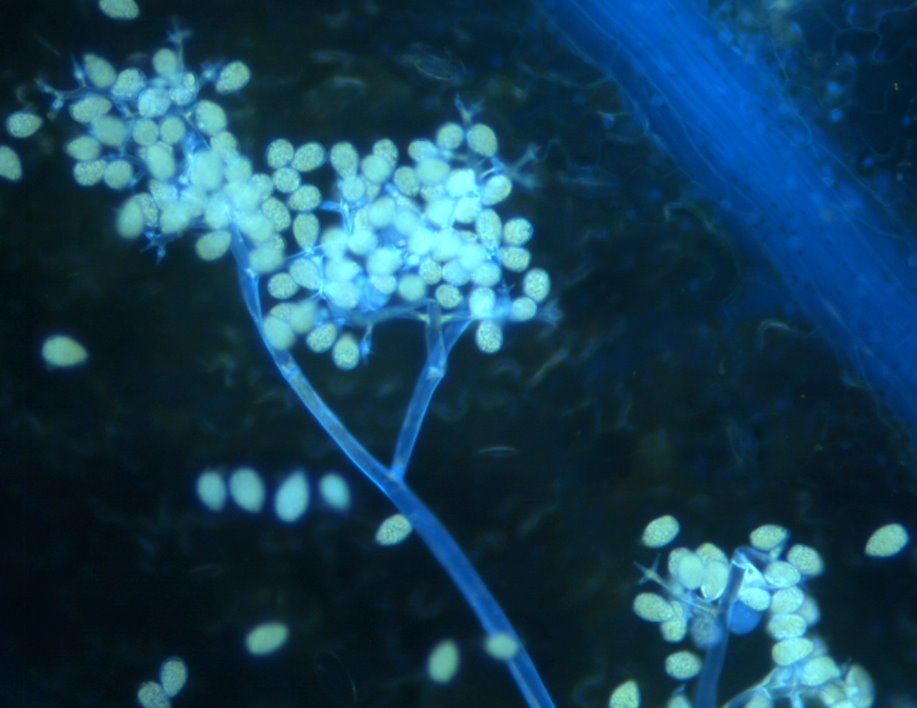
Fluorescent fungus seen under the microscope: it makes lots of little spores that are carried by the wind
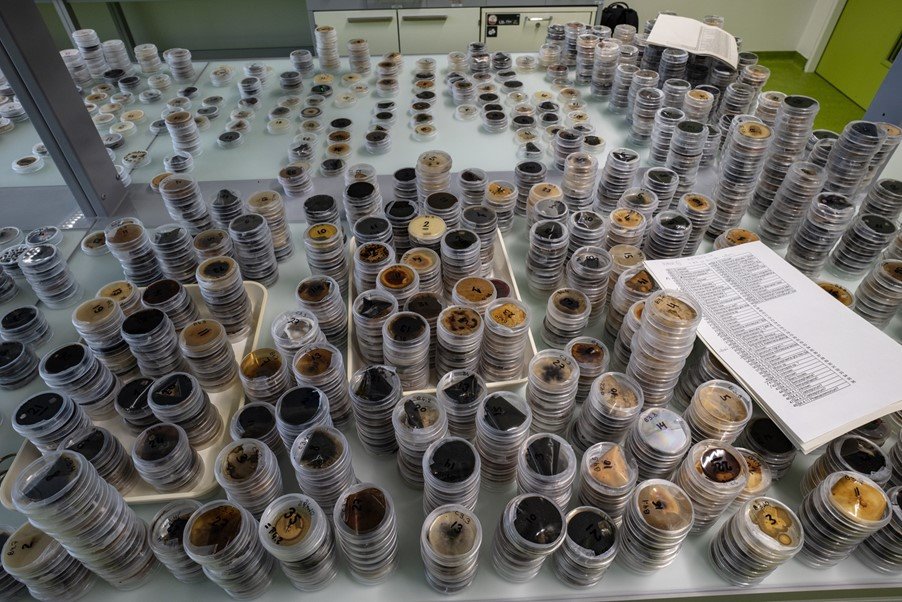
All the mushrooms that can be extracted from a single plant
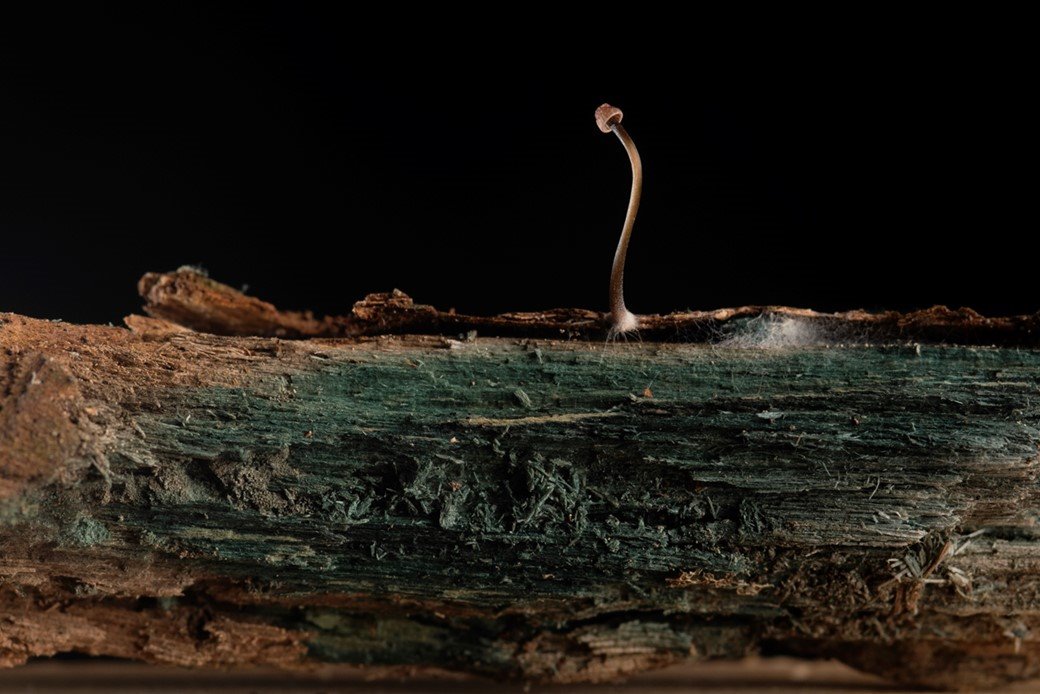
Mushrooms grow everywhere and come in all sizes. This one emerges from a trunk and measures no more than 1 cm © Carole Parodi, Agroscope
